Weekly Dose of Optimism #148
Special Dan Wedding Day Packy Takeover: Childhood Leukemia, World Bank Nuclear, Standard Nuclear, Wayve + Uber, Tech Bonanza
Hi friends 👋 ,
Happy Friday, welcome back to our 148th Weekly Dose of Optimism, and ciao from Pietrasanta, Italy, where DAN IS GETTING MARRIED TODAY.
It would be inappropriate for Dan to write the Dose on his big day, but it would also be inappropriate not to send the Dose on the most optimistic day of his life, so I’m taking over the writing duties for today.
Dan picked a wild week to take off. Riots in LA. Plane crash in India. Israel striking Iran. “Nothing ever happens” is under siege.
But those stories get plenty of coverage and are not what we cover in the Dose. Fortunately, the people pushing the world forward have not taken Dan’s wedding week off, either. We have stories on leukemia, nuclear, self-driving Ubers, and all sorts of big startup news.
We have some celebrating to do, so…
Let’s get to it.
Today’s Weekly Dose is brought to you by… INBOUND
Just Revealed: the INBOUND 2025 agenda is officially live! With content designed to challenge how you think about growth, INBOUND is your chance to learn how to build what’s next.
Join icons like Dario Amodei, Sean Evans (Hot Ones), Marques Brownlee, and Amy Poehler for three days of insight-packed sessions on how emerging trends are creating entirely new approaches to business. A lot of conferences are about far-future speculation. INBOUND isn't. It's about immediately applicable frameworks that give businesses a competitive edge.
For the first time ever, INBOUND comes to San Francisco for a one-time-only West Coast experience at the epicenter of global innovation. This limited-edition event places you in the heart of the world's AI capital, offering access to the thinkers who are defining what's next in business.
Not Boring readers get 10% off their INBOUND General Admission ticket with code NOTBORING10 (Valid thru 7/31). Come for the insights, stay for the network.
(1) Childhood leukemia: how a deadly cancer became treatable
Saloni Dattoni in Our World in Data
Childhood leukemia was fatal for the vast majority of children who developed it in the past. Before the 1970s, fewer than 10% of children diagnosed with the disease survived five years after diagnosis.
But since then, this outlook has improved dramatically. In North America and Europe, around 85% now survive that long.
If the Dose has a bigger enemy than cancer, it’s childhood cancer.
And based on this new report from Saloni Dattoni at Our World in Data, we are glad to say: get fucked, childhood cancer!
In the late 1960s, under 10% of children survived more than 5 years after an leukemia diagnosis. By the 2010s, over 85% of children in the US and Europe survived more than 5 years after diagnosis. Those numbers need to get to “100%” and “more than 80 years” for us to really start popping the champagne, but that is stunning progress.
That means that deaths from childhood cancer have dropped from 11 per 100,000 to roughly 2 per 100,000. That’s millions of kids given the opportunity to live a full life, and millions of parents spared from the agony of losing a child.
Treating leukemia still involves brutal chemotherapy, and we’re hopeful for breakthroughs in cell therapies that can make treatment more painless and effective, but this is a story of lots of incremental progress made by thousands of doctors and researchers across the world compounding over decades.
Progress happens both ways, and we’re glad OWID pulls the numbers to show how big an impact the less sexy kind can have.
(2) World Bank lifts ban on funding nuclear energy in boost to industry
Jamie Smyth and Claire Jones for Financial Times
The World Bank is lifting its decades-long ban on financing nuclear energy, in a policy shift aimed at accelerating development of the low-emissions technology to meet surging electricity demand in the developing world.
Another day, another piece of good news for the nuclear industry (read: another piece of good news for all of us.)
When Julia and I did our season of Age of Miracles in 2023, a big reason we chose nuclear is that it was a bellwether for the world’s sanity, and for humanity’s ability to actually put the miracle technologies we’ve built into practice. For all of the reasons we discussed on the show and in this newsletter, nuclear is a no-brainer. It’s clean, energy-dense, reliable, and safe. If we developed it today, we’d be having parades. But for a whole host of reasons, everything from economics to regulation to “environmentalist” opposition to fear, we stopped building new nuclear capacity in the United States.
For its part, “The World Bank has not backed a nuclear project since 1959, due both to opposition from Berlin and concerns from some countries about nuclear proliferation.”
That’s changing. Germany, under Chancellor Friedrich Merz, is dropping its opposition, the Trump Administration supports nuclear, there’s no way to meet either the world’s clean energy goals or our growing demand for electricity without nuclear, and, it seems, the world is snapping out of its temporary insanity around the technology.
While World Bank president Ajay Bagna said, and we agree, that private sector investment is essential to nuclear’s development, the World Bank can support and backstop projects with guarantees and equity. This includes support for the development of small modular reactors.
The World Bank is even considering supporting upstream gas development, which would have been unthinkable a few years ago. We support that support. With more energy, we can figure everything else out.
There is no such thing as a low-energy rich country. The World Bank is coming to realize that there is no such thing as a low-energy rich World.
Financial support is an important step in the right direction, but to fuel the nuclear revolution, we’re going to need a lot of nuclear fuel…
(3) The Audacious Reboot of America’s Nuclear Energy Program
Christmastime brought relief. A group of venture capitalists, led by a former Special Forces officer, invested $42 million to reboot and rebrand the company Standard Nuclear.
The deal marked an extraordinary bet by venture capitalists, who have historically steered clear of heavily regulated enterprises that require huge amounts of capital up front. The lure of AI and heightened competition with China have changed that calculation.
That’s where Not Boring Capital portfolio company Standard Nuclear comes in.
This week, the WSJ told the story of how Standard Nuclear came to be. It’s an inspiring one.
As Ultra Safe Nuclear, which was making both reactors and TRISO fuel, ran out of funding after the death of its main backer, its fuel scientists worked up to eight months with no pay to keep the gang together. They believed, rightly, that TRISO manufacturing was so underdeveloped in America, and so necessary to the country’s future, that it was worth personal sacrifice to ensure the team’s capabilities survived.
They held it together long enough for a team of investors, led by Tommy Hendrix at Decisive Point, to reboot the fuel business with $42 million and rebrand it Standard Nuclear.
I’m proud to be a part of this one, and think it’s going to be a monster business. The more companies work to build advanced reactors, the more demand there will be for its products. It’s a crucial part of the advanced nuclear value chain, which is a critical part of the world’s energy future. In short: if Standard wins, we all win.
(4) Wayve and Uber Partner to Launch L4 Autonomy Trials in the UK
Wayve and Uber (NYSE: UBER) today announced a first-ever plan to develop and launch public-road trials of Level 4 (L4) fully autonomous vehicles in London. This announcement marks the UK as the largest market where Uber has announced an intention to pilot autonomous vehicles.
Long before hating modern autonomy technology was cool, London’s cabbies fought Uber’s entry into the market.
The city’s black cab drivers must pass The Knowledge, a famously difficult test requiring the memorization of 25,000 streets and 20,000 landmarks. Passing typically takes 3-4 years of full-time study, and it’s so difficult that a 2000 UCL study found that London cab drivers have significantly larger posterior hippocampi, the brain region critical for spatial navigation, than average people or even bus drivers. The more years they’d been driving, the more pronounced the posterior hippocampi.
Now, self-driving company Wayve’s AI brain is big enough to hold The Knowledge in its computer head.
This week, Wayve and Uber announced a first-ever plan to develop and launch public-road trials of Level 4 (L4) fully autonomous vehicles in London. The market in which Uber faced the most driver opposition is now the largest market in which the company has announced plans to pilot autonomous vehicles.
The UK government is helping pave the way with new regulations and an accelerated framework for self-driving commercial pilots, yet another sign that (the artist formerly known as, in this case) Europe is finally realizing that technology is good, innit.
Oi! Fair play! Good on them! Well in!
(5) Tech is HUMMING
We’re investing against the thesis that all incumbents are going to get nuked and everything is gonna get rebuilt.
That clip is from Marc Andreessen on Jack Altman’s Uncapped podcast, and it sums up the Not Boring Capital thesis beautifully: “all incumbents are going to get nuked and everything is gonna get rebuilt.”
Because Dan’s busy and not paying attention, I’m going to use the clip as an excuse to talk about a whole bunch of things that have happened this week in one of tech’s most active weeks in a while.
First things first, The Information reported that Meta is going to pay $14.3 billion to acquire 49% of Not Boring Capital portfolio company Scale AI and bring in Scale’s founder Alexandr Wang to help lead its superintelligence efforts. The deal is a big win for Little Tech and a nice cash infusion back into VCs’ LPs’ pockets.
It’s also a validation of Wang’s long-term vision for the company, which was anything but obvious when they were doing manual data labeling for autonomous vehicle companies, before the LLM craze. I wrote about Scale’s plan back in June 2021:
Speaking of acquisitions, Stripe is making its second big crypto bet, acquiring wallet infrastructure company Privy.
Terms of the deal haven’t been disclosed, but this is a meaningful acquisition and not an acqui-hire. My friend Simon Taylor broke down the rationale here: “Bridge handles stablecoin rails. Privy handles the wallet complexity. Stripe keeps its reputation for simplifying complexity for developers.”
Meanwhile, Anduril announced a $2.5 billion Series G at $30.5 billion post-money, Founders Fund’s largest investment ever. Anduril co-founder Palmer Luckey went on CNBC and said that Anduril is definitely going to go public and that the company is working to become public-market shaped (which he previously described as, “the right shape for a Wall Street weenie to tell his boss that we are a safe part of their institutional portfolio.”). An Anduril IPO would be a massive return event for the industry, and fund a whole lot more Vertical Integrators.
Speaking of which, Meter, which I wrote 100 pages on in January, announced a $170 million Series C. After writing the piece, I was relieved to get the opportunity to back the company on its journey to move every packet.
And finally, Nominal, which makes the software used by many of the hard tech companies and vertical integrators we cover here in Not Boring, which “powers mission-critical engineering work across aerospace, energy, automotive, and defense. Automation, analytics, and operations,” raised a $75 million Series B from Sequoia and others. Nominal is an index on America building big, complex things faster, so this is a good sign for all of us.
I missed a bunch, but it’s been a huge week for startups. These weeks are only going to keep getting huger. A big week now will be an average one in a year or so. The future is bright.
Have a great weekend y’all.
Thanks to INBOUND for sponsoring. We’ll be back in your inbox next week.
And now… let’s go get Dan married!
Thanks for reading,
Packy + Dan

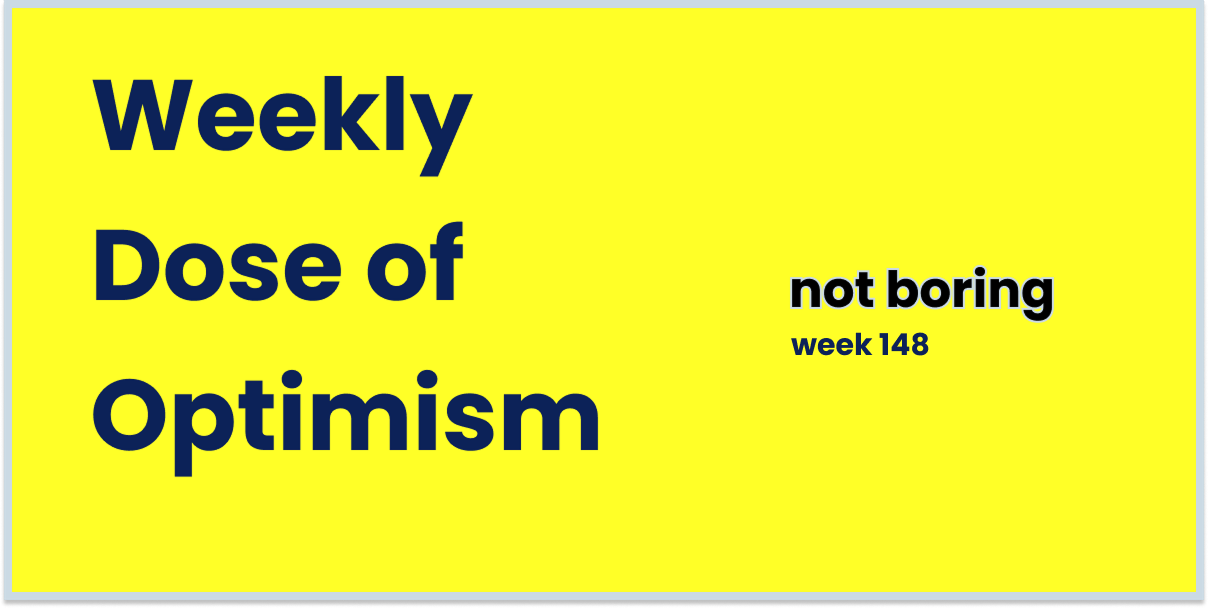

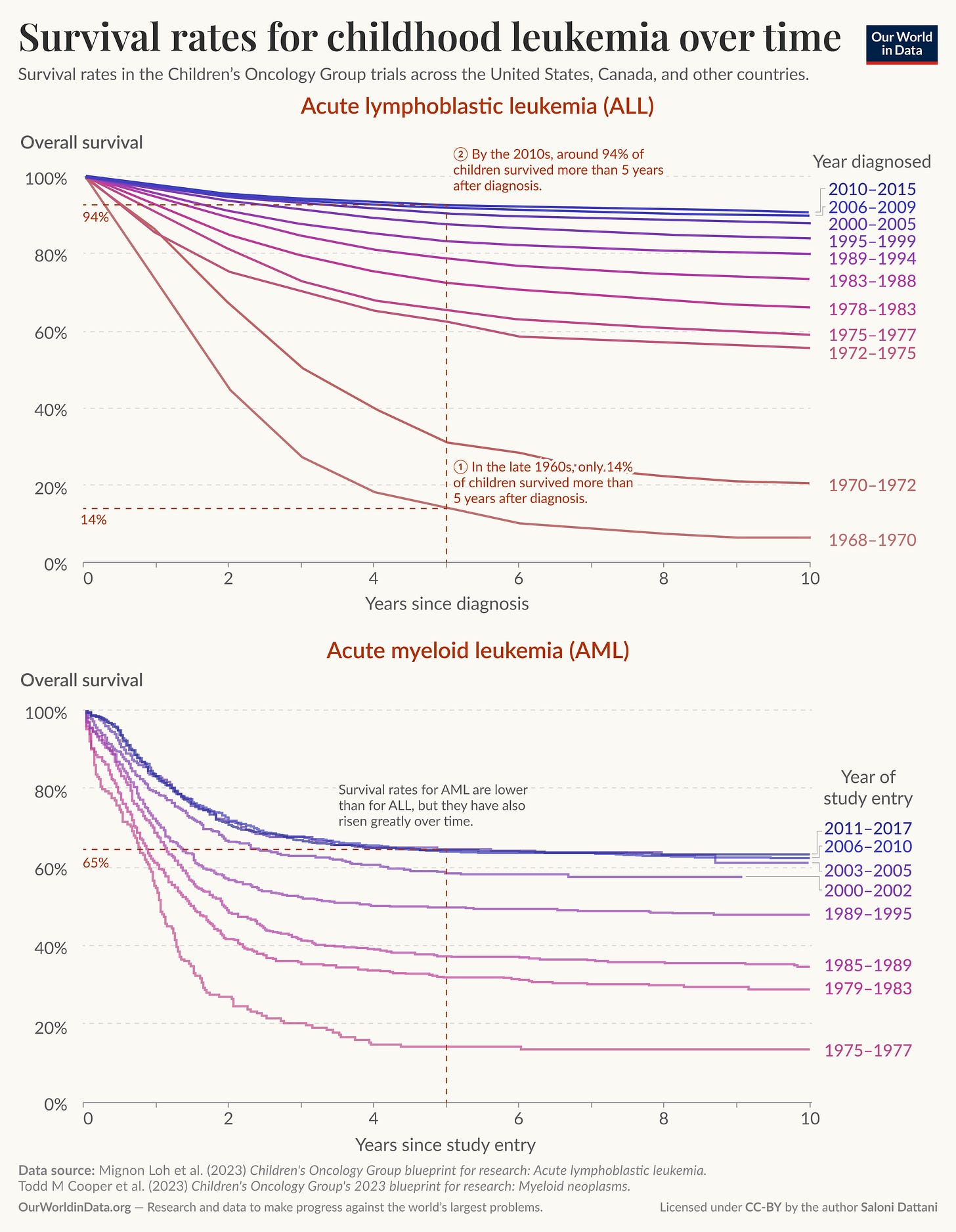
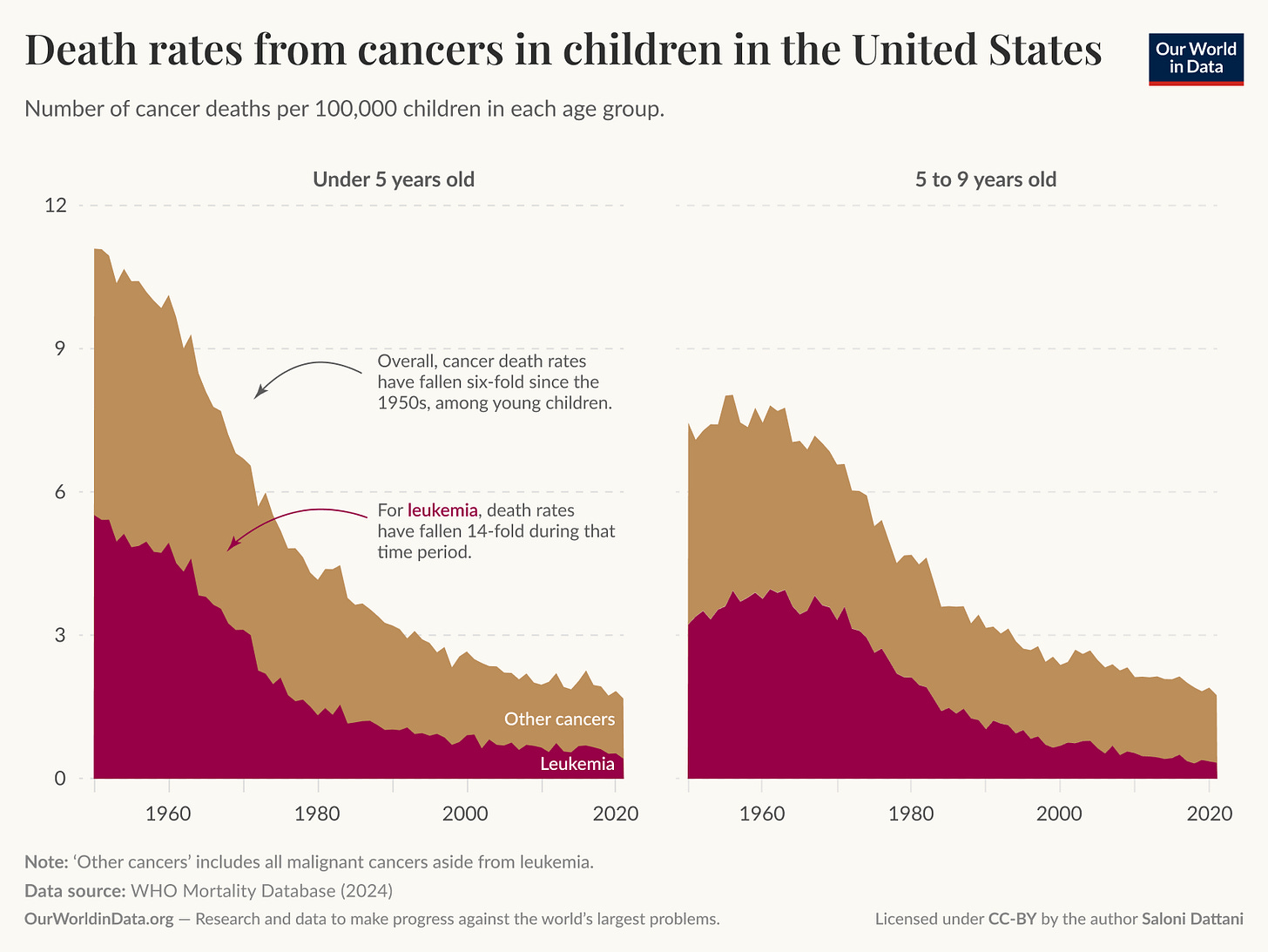
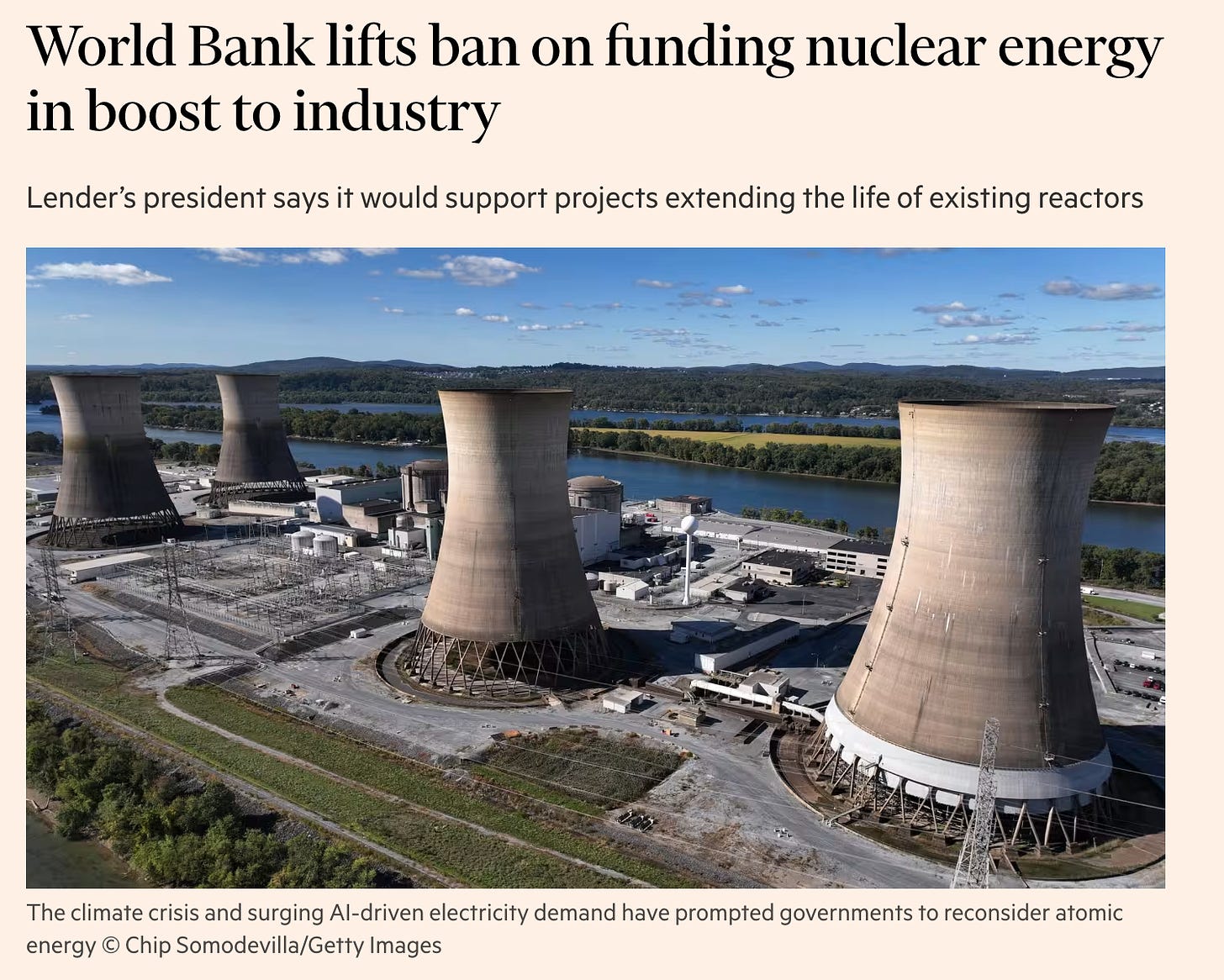
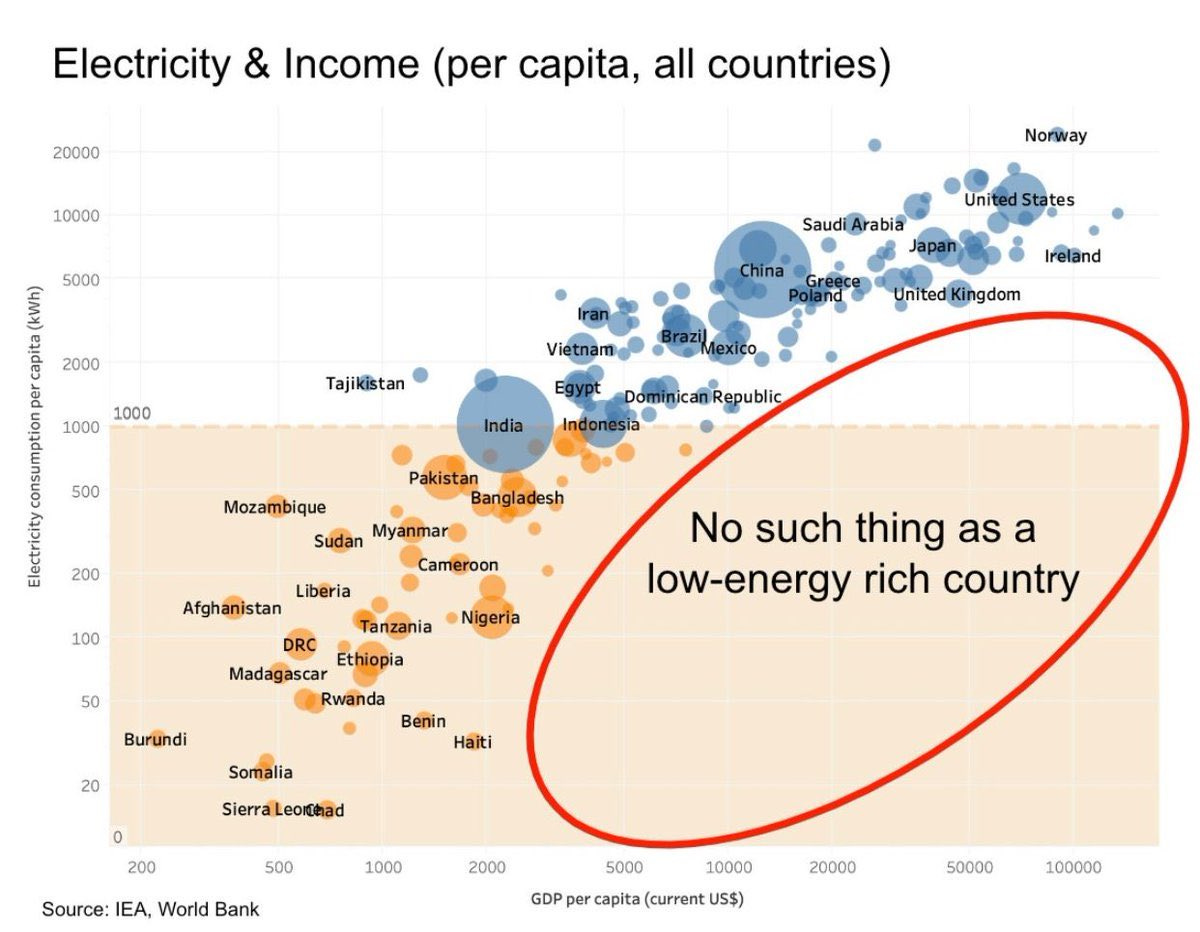
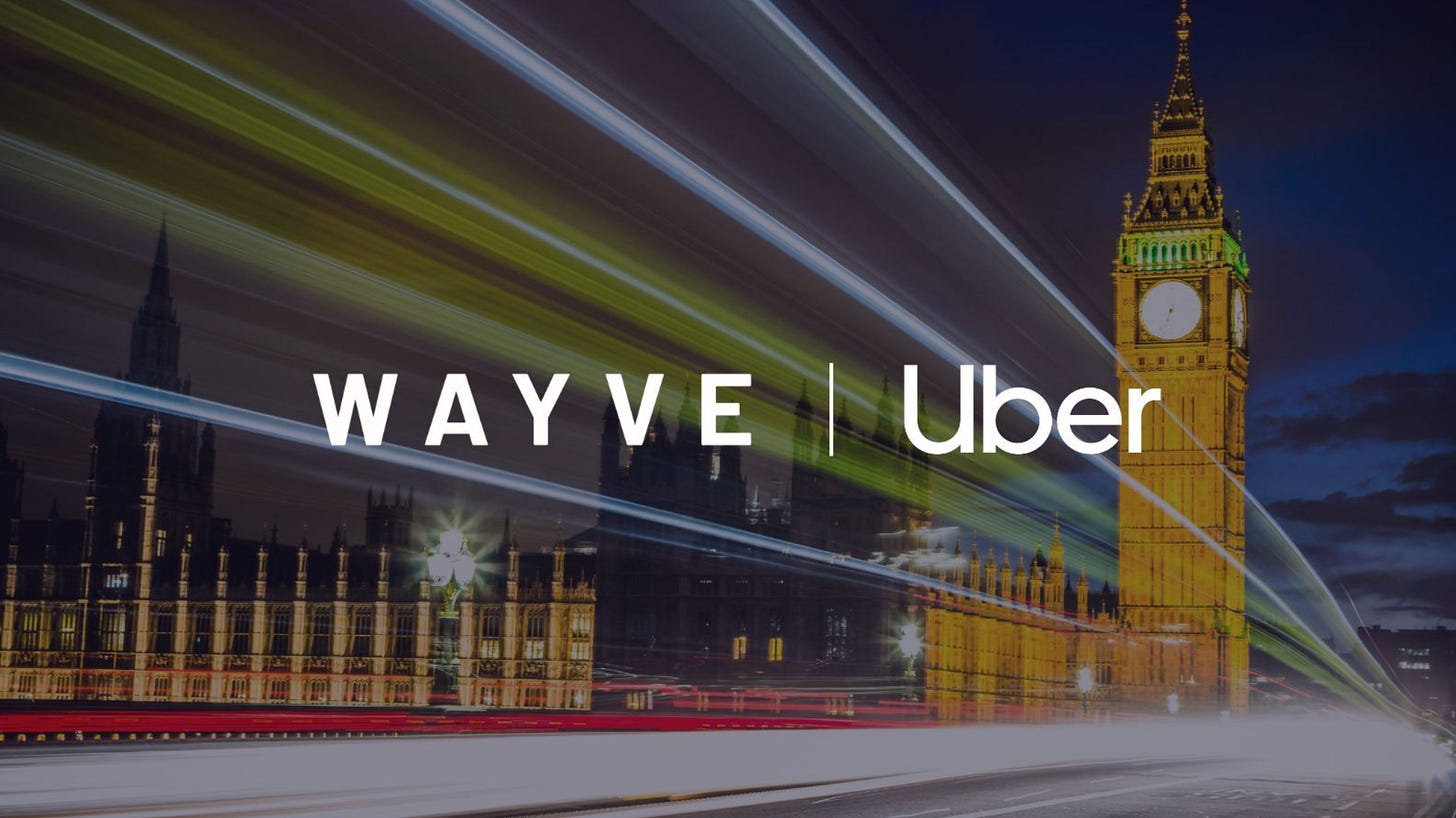
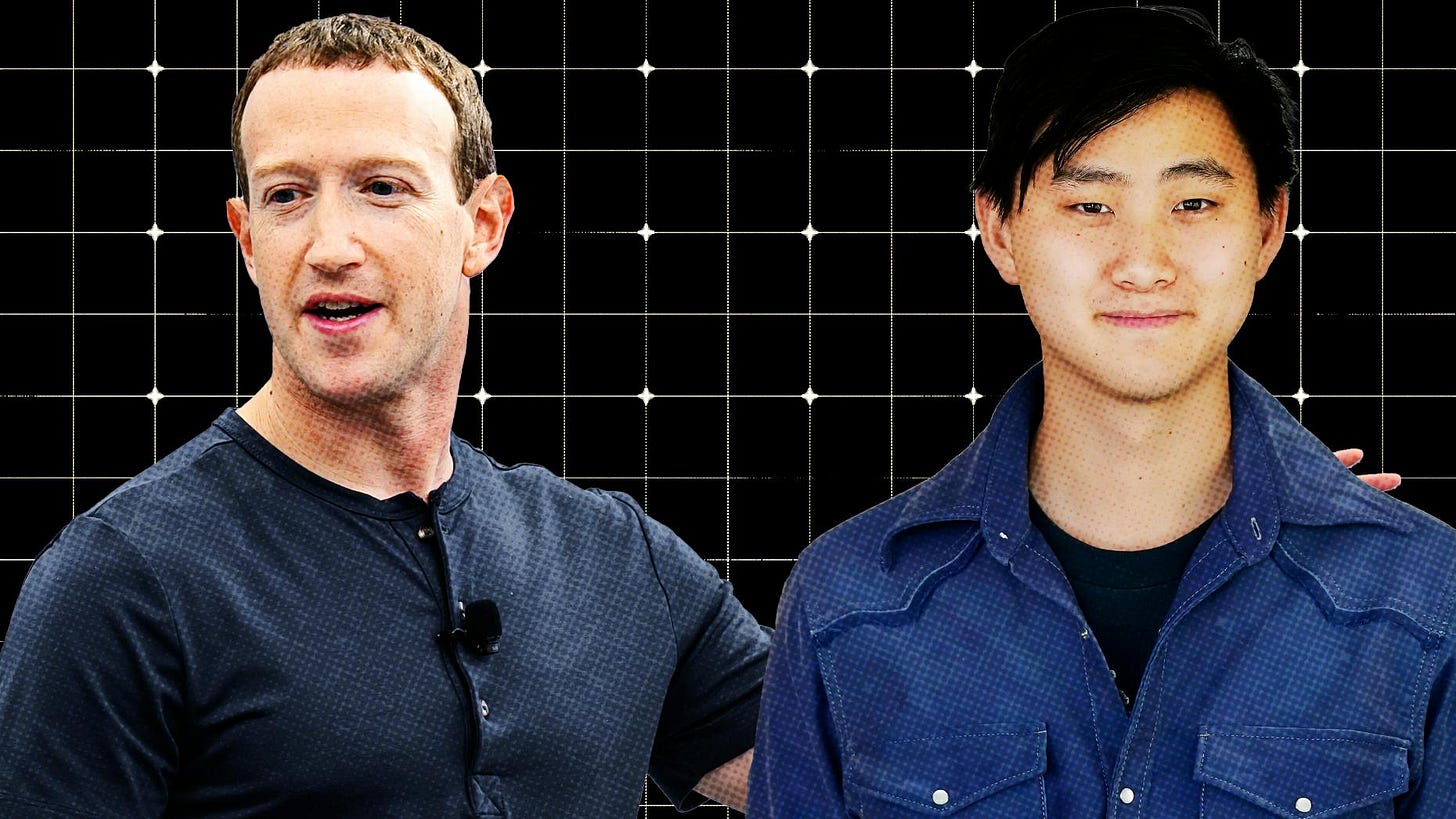
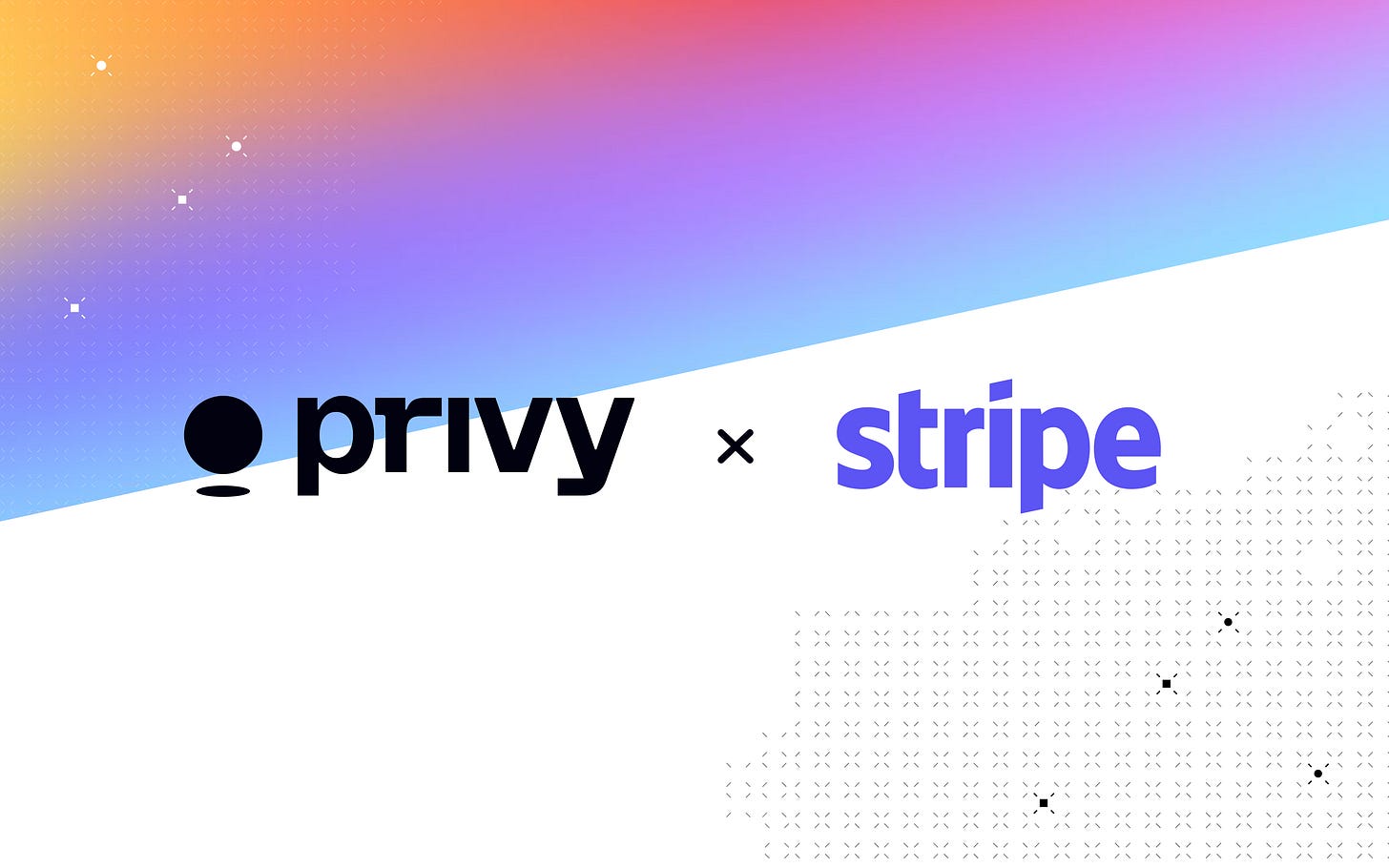
I know these posts are/attempt to be somewhat apolitical. But I do want to call out that you say Trump is/seems to be pro-nuclear. So it’s worth calling out his budget bill would actively harm nuclear development (to say nothing of all green energy development).
This is becoming one of my favourite goto place for a quick weekly read. Thanks